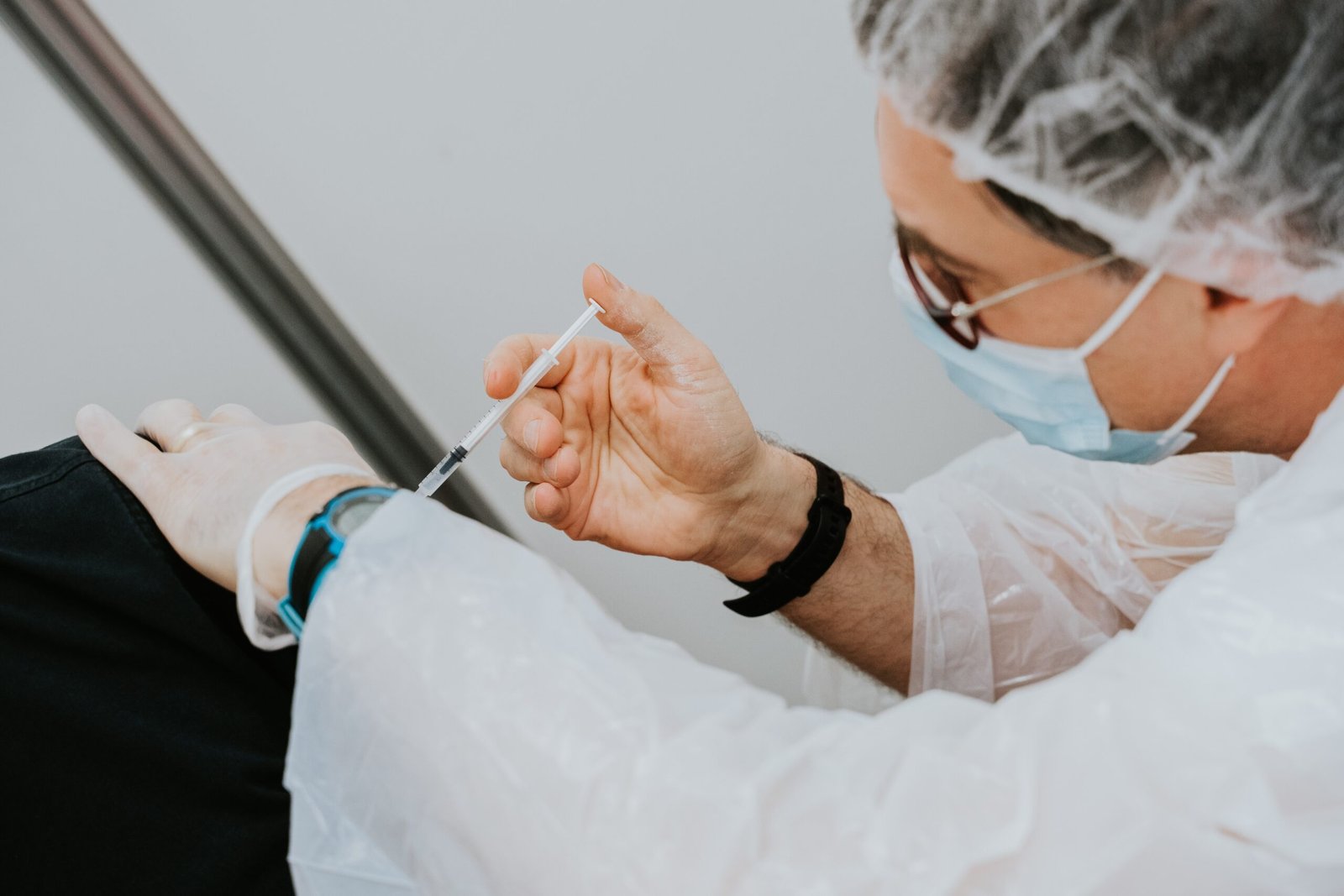Introduction
Vaccination plays a crucial role in maintaining the health and well-being of cattle and buffalo. By following a proper vaccination schedule, farmers can protect their livestock from various diseases and ensure their productivity and longevity. In this article, we will provide an overview of the recommended vaccination schedule for cattle and buffalo in India.
Why Vaccination is Important
Vaccination is essential for preventing and controlling infectious diseases that can affect cattle and buffalo. By vaccinating livestock, farmers can:
- Prevent the spread of diseases within the herd
- Reduce the risk of disease transmission to humans
- Minimize production losses and economic impact
- Improve the overall health and welfare of the animals
Recommended Vaccination Schedule
The vaccination schedule for cattle and buffalo in India may vary based on factors such as the region, age, and specific disease prevalence. It is important to consult with a veterinarian to determine the most appropriate vaccination plan for your herd. However, here is a general guideline for the recommended vaccinations:
Newborn Calves
Within the first few days of birth, newborn calves should receive the following vaccinations:
- Colostrum: Calves should receive colostrum, which provides essential antibodies to protect against diseases.
- Calves/Heifers
calves should receive the following vaccinations:
- Foot and Mouth Disease (FMD): Vaccination against FMD is crucial as it is highly contagious and can cause significant economic losses.(above 4 months)
- Hemorrhagic Septicemia (HS): HS is a bacterial disease that affects the respiratory and digestive systems. Vaccination helps prevent its spread.(Above 6 months)
- Black Quarter (BQ)/Blackleg: This vaccination protects against a bacterial disease that affects young calves.(6 months and above)
- Brucellosis: Vaccination against brucellosis is recommended to prevent reproductive disorders in females.4-8 months of age (Only female calves)
Heifers
Between 6 to 12 months of age, heifers should receive the following vaccinations:
- Tuberculosis (TB): Vaccination against TB is important to prevent the spread of this bacterial disease.
- Anthrax: Anthrax is a highly contagious bacterial disease that affects both animals and humans. Vaccination is crucial in endemic areas.
Mature Cattle and Buffalo
Mature cattle and buffalo should receive the following vaccinations:
- Foot and Mouth Disease (FMD): Regular booster vaccinations are recommended to maintain immunity against FMD.
- Hemorrhagic Septicemia (HS): Regular booster vaccinations help maintain protection against HS.
- Blackleg: Regular booster vaccinations are necessary to prevent blackleg in mature animals.
- Brucellosis: Vaccination against brucellosis is recommended in females to prevent reproductive disorders.
- Leptospirosis: Leptospirosis is a bacterial disease that affects both animals and humans. Vaccination is recommended in endemic areas.VACCINATION SCHEDULES FOR CATTLE AND BUFFALOES
Sr. No Name of Disease Age at first dose Booster dose Subsequent dose 1 Foot and Mouth
Disease (FMD)4 months and above 1 month after first dose Six monthly 2 Haemorrhagic
Septicaemia (HS)6 months and above – Annually in endemic areas. 3 Black Quarter (BQ) 6 months and above – Annually in endemic areas. 4 Brucellosis 4-8 months of age
(Only female calves)– Once in a lifetime 5 Theileriosis 3 months of age and above – Once in a lifetime. Only required for crossbred and exotic cattle. 6 Anthrax 4 months and above – Annually in endemic areas. 7 IBR 3 months and above 1 month after first dose Six monthly (vaccine presently not produced in India) 8 Rabies (Post bite therapy only) Immediately after suspected bite. 4th day 7,14,28 and 90 (optional) days after first dose.
Conclusion
Following a proper vaccination schedule is crucial for the health and well-being of cattle and buffalo . By vaccinating livestock at the appropriate age and interval, farmers can protect their herds from various infectious diseases and ensure their productivity and longevity. Consult with a veterinarian to develop a tailored vaccination plan for your herd, taking into consideration regional disease prevalence and specific herd requirements.

